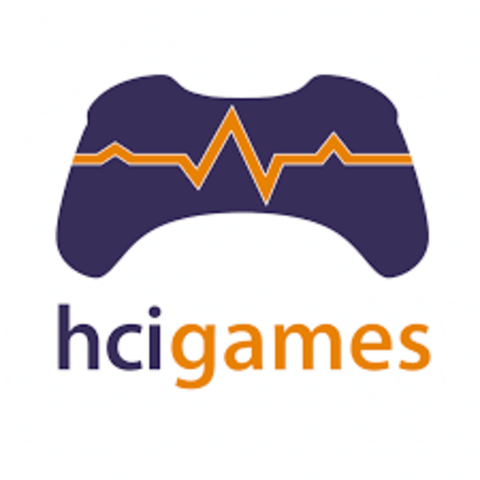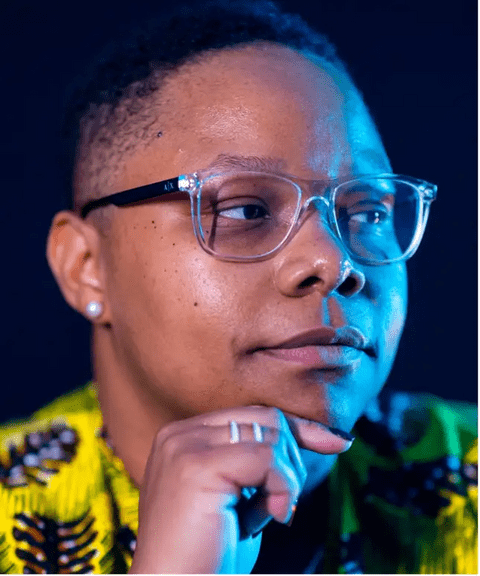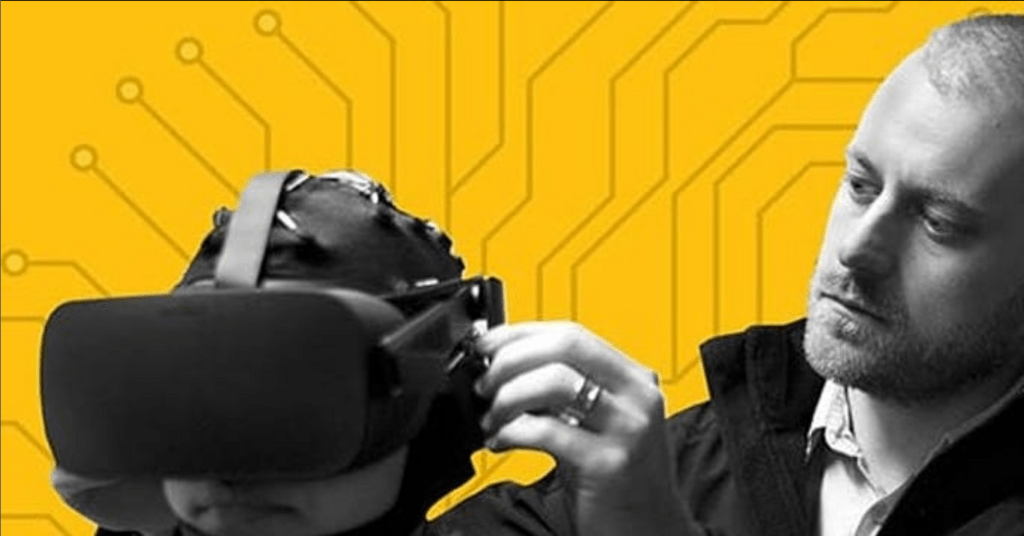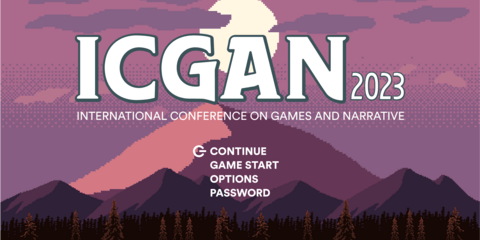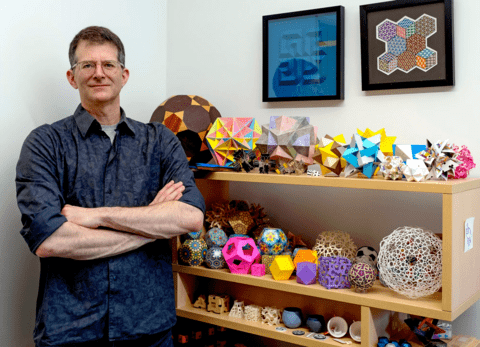Esports Scholarships Continued
In 2022, the University of Waterloo Games Institute secured $50,000 of funding over two years from the Ontario government to provide scholarships to students pursuing careers in the gaming and esports industries. Following a successful first round of scholarships awarded to thirteen students (two graduate and eleven undergraduate) earlier this year, the second round is now open for applications.

